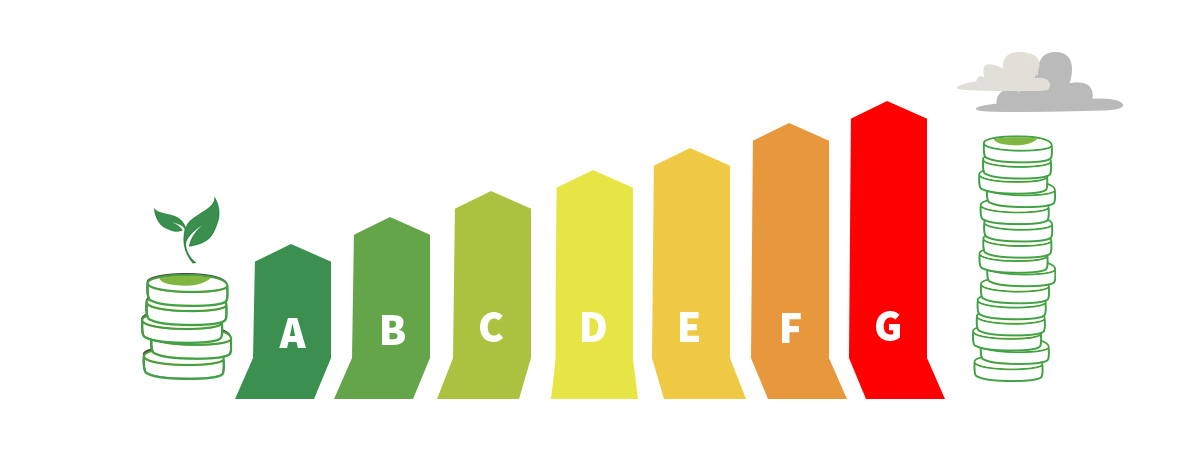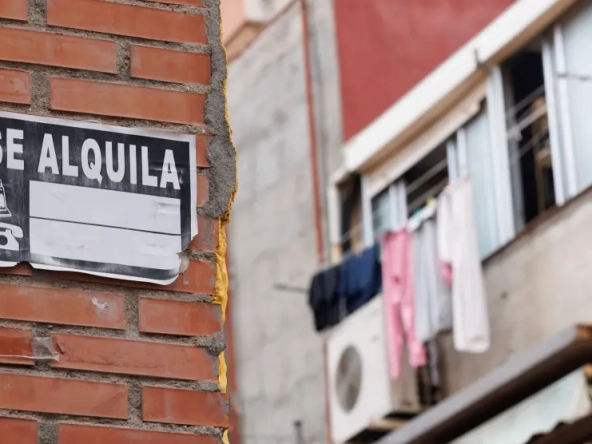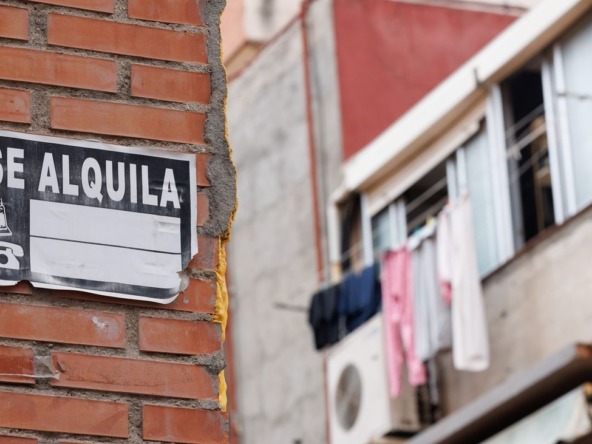The European Union has taken a firm step towards the decarbonisation of the housing stock. From 2030, all homes for sale or rent will have to have a minimum energy rating of E. This requirement will be increased in 2033, raising the threshold to a minimum rating of D. This measure, included in the European Directive on the Energy Performance of Buildings, aims to reduce energy consumption and carbon emissions in the residential sector, one of the largest energy consumers in Europe.version)
84% of the Spanish housing stock does not meet the requirements
In the case of Spain, the impact of this regulation is particularly significant. According to data from the Institute for Energy Diversification and Saving (IDAE), more than 84 % of dwellings are classified with a letter lower than E, which means that they could not be legally marketed from 2030 onwards without reforms.
What does it mean for owners?
The application of this regulation will lead to a massive transformation of the European and, in particular, the Spanish housing stock. For property owners, this translates into:
-
The need for mandatory reforms to improve energy efficiency (better insulation, replacement of windows, renovation of air-conditioning systems, installation of renewable energies…).
-
The possibility of financial penalties of up to 6,000 euros for non-compliance.
-
An opportunity to revalue the property by means of an energy improvement that makes it more attractive and competitive in the market.
-
Improved comfort and energy savings for future occupants of the building.
Energy efficiency as a competitive advantage
At Quality Keys Inmobiliarios we are already advising our clients on how to adapt their properties to this new reality. Having a good Energy Efficiency Certificate (EEC) is no longer just a regulatory requirement:is a marketing tool, a value argument and a differentiating element.
Homes with a better energy rating not only sell faster, but also at a higher price, and generate more interest among buyers and tenants, especially in a context where sustainability is increasingly valued.
Public aid and lines of financing
The European context also offers support instruments. Through programmes such as NextGenerationEU and funds from the Recovery, Transformation and Resilience Plan, many homeowners will be eligible for grants and tax deductions to undertake energy retrofits.
In autonomous communities and municipalities, specific aid is also being articulated for energy rehabilitation and refurbishment of private homes and entire buildings.
How to prepare from today?
-
Request an energy diagnosis of the property to find out its current situation.
-
Plan a progressive energy reform, prioritising those improvements that have the greatest impact (windows, insulation, air conditioning).
-
Consult subsidies and deductions available at regional and national level.
-
To have professional technical, legal and commercial advice.
Conclusion
The change is already underway. From 2030, the European property market will be governed by energy efficiency criteria. Property owners who anticipate this transformation will not only avoid penalties, but will also improve their property’s market position.
At Quality Keys Inmobiliarios we work to offer our clients comprehensive advice, helping them to make strategic decisions that allow them to adapt to regulations, increase the value of their property and ensure its profitability in the medium and long term.
Sources:
-
Instituto para la Diversificación y Ahorro de la Energía (IDAE) – https://www.idae.es
-
European Directive on the Energy Performance of Buildings (2023/1791) – https://eur-lex.europa.eu
-
El Economista – Impact of energy regulations on the Spanish real estate market – https://www.eleconomista.es
-
Álex Tomás, financial expert and communicator (TikTok) – @alextomasok





